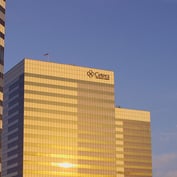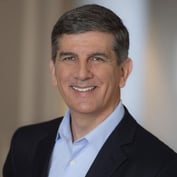All decisions are confidence based. This is one of the great truths in understanding how people make decisions. One of the most effective ways to establish confidence with existing and potential clients is by demonstrating your expertise. Howard Haskings, a successful advisor I coach, applied this understanding of behavioral economics to serve a large number of people in his community.
Howard’s financial advisory firm is located in Windsor, Ontario, an economic center very dependent on the automotive industry in nearby Detroit. One of the major automotive companies offered buyouts and early retirement packages to its employees in the area. Howard’s firm had a number of clients who received offers. Understandably, for the clients, accepting or rejecting the offer was a major decision, which caused real anxiety. Howard and his team invested a great deal of time to fully understand the consequences as well as both the pros and cons of the offers. They were proactive in meeting with clients to assist them in determining the financial and career implications of their choices. In addition, they talked with HR personnel in the company and met with union leadership to gain perspective on the benefits and costs of the offers.
The firm’s efforts on behalf of clients led to introductions, recommendations and referrals to other employees in the same situation. Through its involvement with the union leadership and the company’s HR department, Howard’s team earned the right to offer educational seminars to affected workers. The union leadership allowed Howard to promote these seminars and encouraged employees to attend. A local newspaper and a television station heard about the seminars and the work of Howard’s firm and interviewed him. The resulting press and television exposure significantly increased awareness of the firm’s expertise in providing counsel on the buyouts.








 July 31, 2007 at 08:00 PM
July 31, 2007 at 08:00 PM










